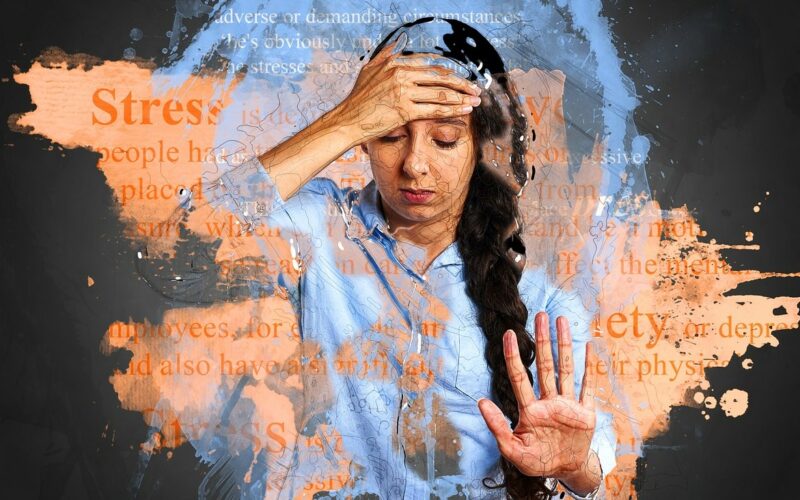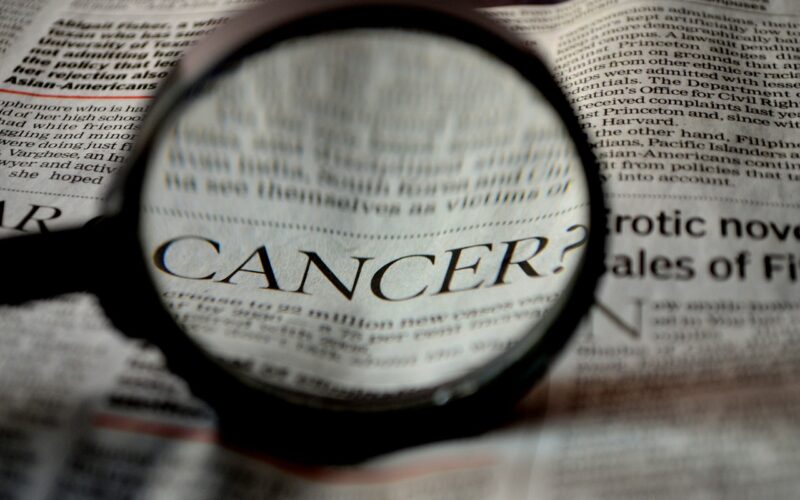A shallow dive into how caffeine affects the body
Coffee has been around since the middle of the 15th century and is enjoyed by millions of people everyday across the globe. One of the main reasons people drink coffee is the stimulation they receive from drinking coffee, specifically the caffeine compound found within the coffee.
Caffeine is a stimulant drug and is the most widely used drug in the world, with 90% of north Americans consuming some form of caffeine each day – that’s over 480 million people, from a single continent!
Whether you use a trusty cafetiere at home or visit your local café for a single-estate-barista-delivered latte made on the latest commercial coffee machine, the truth is there is a bunch of different ways you can consume your morning cup of coffee and have that soothing delivery of sanity set you up for the day.
The debate on whether caffeine is bad for you is a debate that has been going on for years, with a range of answers being offered by countless resources. One thing is certain, coffee and the caffeine within has a dramatic effect on the body and the organs, and in this article we will look at how coffee affects the various organs of the body.
How Does Coffee Affect the Brain?
Most of us have heard and been witness to the stimulating effects of caffeine, but how exactly does coffee affect the brain and keep us awake?
Simply put, adenosine is a chemical in the brain which is responsible for making us feel sleepy. It works by binding to neuron receptors which cause a slowing in overall neural activity in the brain which we feel as tiredness.

During the day the adenosine builds up eventually making us (or should be) sleepy as the evening wears on. Caffeine effectively blocks this from happening by binding to the same neural receptors and thus preventing us from feeling tired.
How Does Coffee Affect the Skin?
When it comes to how does coffee affect the skin, it’s very much down to how much you consume and how your body deals with coffee individually. For example, if you are prone to acne coffee won’t necessarily make your skin worse however if consumed with large amounts of dairy and sugar this certainly isn’t going to help.
On the contrary, coffee beans contain a number of antioxidants including magnesium, potassium and vitamin b2 which have been proven to increase the regeneration of skin cells and help fight free radical skin damage. The key is not to consume too much. Experts say that between 1 – 3 cups daily will see the greatest skin benefit when it comes to coffee consumption.
How Does Coffee Affect the Liver?
Put simply, coffee is great for the liver. It helps prevent fatty liver diseases which affect over 25% of Americans, mostly those who carry excess weight.
Over time the build up of fats can cause scarring of the liver and this in turn can lead to liver cancer or total liver failure. Those who drink around 3 cups of coffee a day are proven to have lower levels of fatty build up in the liver which in the long term can prevent serious liver diseases as mentioned above.
Along with drinking coffee for a healthy liver its also critical to have a healthy diet. Eating a lot of high sugar, high saturated fatty foods can, and often does lead to liver problems – however just drinking coffee is not enough to overcome the liver damage being done by a poor diet.
How Does Coffee Affect the Kidneys?
Kidney disease is one of the most common and one of the most damaging kidney issues affecting a large number of people across the globe. According to new research a group of individuals with chronic kidney disease hiked up their daily caffeine intake resulting in a lowing of odds of an early death.

Although this study couldn’t prove it was cause and effect, it found that a greater intake of caffeine was related to a longer life expectancy for the people with chronic kidney disease. It is speculated that this could be due to the increase in blood delivery from the improved function of the blood vessels as a result of a higher coffee intake.
A word of caution however – whilst coffee, and more importantly caffeine can be seen to have benefits to the overall health of the kidneys, compounds such as caffeine and certain foods can put strain on the kidneys and cause kidney stones in some instances. The key is moderation. Anything in excess is not good and caffeine is no exception.
How Does Coffee Affect the Heart?
One of the most common side effects of coffee, and often the least desirable is the increased heart rate associated with drinking (often drinking too much) coffee. This can make people feel jittery, anxious and irritable, and can is often linked to poor sleep.
When it comes to the health of the heart there have been many studies conducted. Most of these studies find no association between heart disease and coffee intake – with some studies noting a small benefit to heart health when consumed in small quantities.
The British Heart Foundation have concluded that a moderate amount of caffeine should be fine for most people however its important to remember we all have differing tolerances with some being more sensitive to caffeine than others.
To conclude coffee can have some wonderful effects and health benefits on the body when consumed in moderation, and this really is the key take away here. Caffeine is a drug, and any drug done in excess is going to cause issues. Caffeine is no exception.
Barbra Maranda
Latest posts by Barbra Maranda (see all)
- 6 Study Tips For College Students - March 27, 2024
- Benefits Of A Smoke-Free Home - March 13, 2024
- Cyberbullying Affects Teens More Than You Know - March 9, 2024




